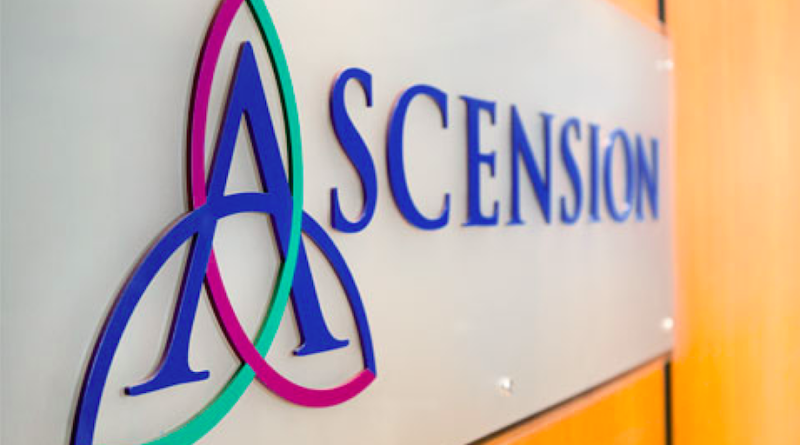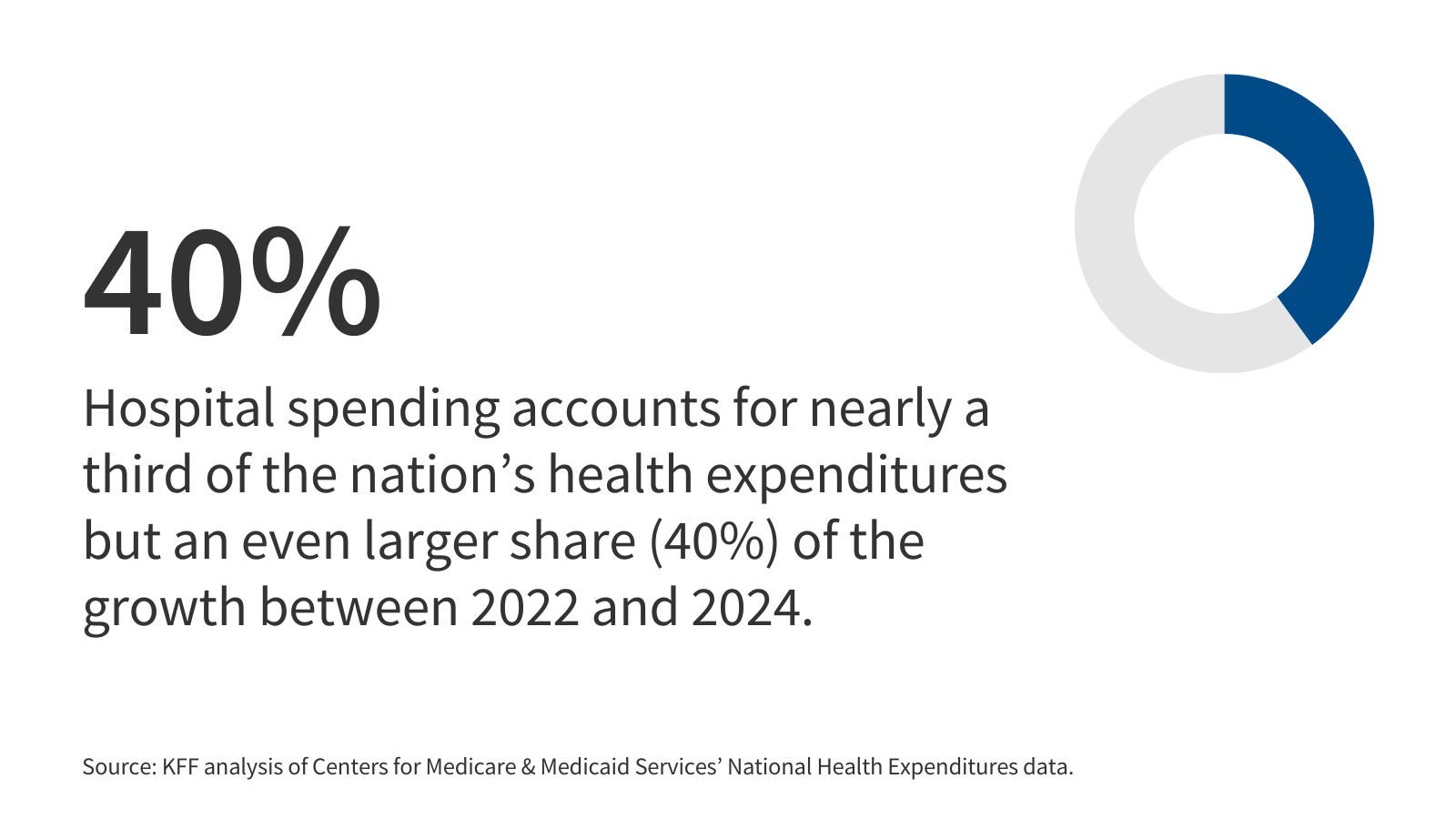Healthcare AI company Aidoc raised $150 million in new financing as it aims to expand its clinical artificial intelligence solutions into oncology and cardiovascular disease to aid clinicians with decision-making and diagnosis.
The company is breaking new ground with foundation-model-powered clinical AI solutions—it secured Food and Drug Administration clearance for its CADt AI solution back in February. The clearance applies to Aidoc’s rib fractures triage solution.
Aidoc continues to rapidly build out its CARE (Clinical AI Reasoning Engine) foundation model that assists physicians in clinical decisions. Two of its CARE-powered solutions have earned FDA clearance. Aidoc also is seeing strong growth with health systems, announcing two enterprisewide rollouts at Advocate Health and Sutter Health in the past month.
General Catalyst and Square Peg led the $150 million financing round with participation from NVentures, Nvidia’s venture capital arm. Four major U.S. health systems—Sutter Health, Hartford, Mercy and WellSpan—also are betting on Aidoc’s future in clinical AI as they joined the round as strategic investors.
This round also includes a $40 million revolving credit facility, bringing the company’s total funding to $370 million.
The company, founded in 2016, provides AI-powered tools in radiology, cardiology, neurovascular and vascular and plans to expand into oncology.
Aidoc currently supports care for more than 45 million patients annually across more than 150 health systems, with plans to grow to 100 million in three years. Leading partners include the Mount Sinai Health System, the Yale New Haven Health System, the University of Miami, Temple Health and Northwell Health.
“Our mission is to reduce diagnostic errors and improve patient outcomes,” said Elad Walach, CEO of Aidoc, in a statement. “CARE compresses decades of roadmap into years—bringing forward a future where AI supports every patient encounter, helping physicians provide the care they believe their patients deserve.”
Aidoc, which has 18 FDA-cleared algorithms, is doubling down on its enterprise-grade AI platform, aiOS. This enterprise operating system is designed to enable health systems to deploy and govern multiple AI solutions responsibly, with real-time performance monitoring, integrations and outcome measurement.
The aiOS platform hosts both Aidoc and external solutions.
“Today, 69% of our customers are running non-Aidoc models on aiOS, and we’re committed to growing that ecosystem, ensuring each solution we onboard will lead to significant clinical impact,” Walach said.
Aidoc has a strategic collaboration with Amazon Web Services to enhance its aiOS platform and also works with software heavyweight Nvidia to develop a set of guidelines for AI implementation called BRIDGE: the Blueprint for Resilient Integration and Deployment of Guided Excellence for AI adoption.
With a growing focus on enabling an open ecosystem, the investment will accelerate efforts to support seamless integration of both Aidoc and third-party AI solutions, the company said.
Through strategic initiatives with Nvidia and AWS, Aidoc says it will invest more than $150 million to bring CARE to market, combining high-performance computing and AI development platforms to redefine model performance, efficiency and real-time inference.
The company is developing clinical AI solutions to improve clinical decision-making at the point of care. It flags suspected high-risk findings, automates follow-ups and gets patients to the right care faster, executives said.
The aim is to drive better outcomes, alleviate cognitive overload and help reduce clinician burnout.
“Aidoc is an important partner as we seek to fulfill our system-wide commitments to improve patient outcomes, enable our healthcare workers to be at their best and stay at the forefront of tech-powered healthcare transformation,” said Roxanna Gapstur, Ph.D., president and chief executive of WellSpan Health, in a statement. “In one year, Aidoc has helped our radiologists to analyze more than 200,000 cases, making efficient the work of scanning what can sometimes be thousands of images per case, leading to a significant reduction of critical diagnosis delays.”
Aidoc claims its clinical-grade foundational model, CARE, powers FDA-cleared applications and enables development of new indications up to 20x faster. The company plans to transition all its models to CARE. Within three years, CARE is expected to massively expand and cover 90% of clinically relevant diseases, including cancer and cardiovascular conditions, executives said.
“Model accuracy is paramount when touching the core of a physician’s work,” said Michael Braginsky, cofounder and chief technology officer of Aidoc, said in a statement. “Foundation models will soon be as ubiquitous in healthcare as ChatGPT is in general use. Building is an enormous lift—it requires top-tier talent, powerful infrastructure, deep real-world insight and sustained funding. Success isn’t guaranteed, but we believe we’re in a unique position to bring this vision to life, and we feel a deep responsibility to do so.”
Aidoc raised a $27 million series B round in 2019, followed by $47 million in 2020 and $66 million series C in 2021. The company hauled in $110 million in a series D round in 2022.
Publisher: Source link










